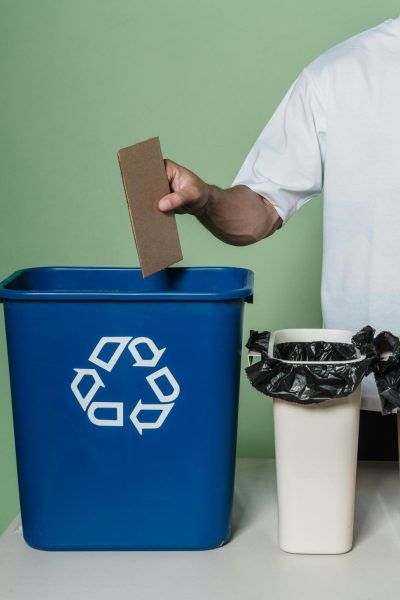President Trump signs stimulus package
On March 25, the Senate passed a stimulus package that looked to prop up American families and offer assistance to small businesses that are affected by COVID-19.
The stimulus was passed with a vote of 96-0.
On March 27, President Trump officially signed the stimulus package. Persons who meet the requirements can expect to get money within four to six weeks.
According to CNN, “individuals who earn $75,000 in adjusted gross income or less would get direct payments of $1200 each, with married couples earning up to $150,000 receiving $2400 – and an additional $500 per child.”
This, however, is a one-time payment.
Canada, on the other hand, has responded with $2,000 per month for each individual that will be guaranteed for at least four months. But, there are more benefits in the United States stimulus according to The New York Times.
The bill would also set aside $500 billion for companies that have been negatively impacted by the coronavirus. However, not every company asking for a bailout has always acted in an ethical way.
As Jonathan O’Connell wrote for The Washington Post, “Airlines, hotels, cruise lines and others strangled by coronavirus are lining up to receive slices of a $2 trillion aid package funded by taxpayers.”
This comes off the heels of the 2018 tax cuts that saw the benefits go to these top companies.
O’Connell continued, “Cruise lines for years have avoided taxes and U.S. safety regulations by registering their vessels abroad. Hilton, also announced a $2 billion stock buyback on March third.”
Buybacks usually manipulate the market of the stock and then inflate the price of the said stock for the company.
As for Joplin residents and students, what is the key take away from this stimulus?
“In general, the recently passed stimulus bill to help Americans in the wake of the coronavirus likely will provide some short-term infusion of money into the pockets of Americans who are obviously negatively affected by the virus and its economic and social consequences,” said William Delehanty, a political science professor at Missouri Southern.
“The provision for individual payments to American families is likely an attempt to direct resources to persons who will, in turn, spend the money in the broader economy, helping to sustain consumer demand and lessen what will likely be a recession in the US economy next year.”
This stimulus bill is over $2 trillion in aid and is trying to address many issues from the aftermath of the virus continued to spread.
“I think the big takeaway from the stimulus bill and government response to the virus is how unprepared the U.S. government was to respond to the spread of the virus and its societal effects,” said Delehanty.
“Going forward, it is quite clear that the U.S. government needs to think through the possibility of pandemics in the future and develop a long-term strategy to deal with the spread of infectious disease domestically. It is also important to focus on how Americans view infectious disease itself. We likely need to reevaluate how we discuss disease publicaly, and to invest resources in mechanisms to better inform the public about the risks of infectious disease.”
Your donation will support the student journalists of Missouri Southern State University. Your contribution will allow us to purchase equipment and cover our annual website hosting costs.





























